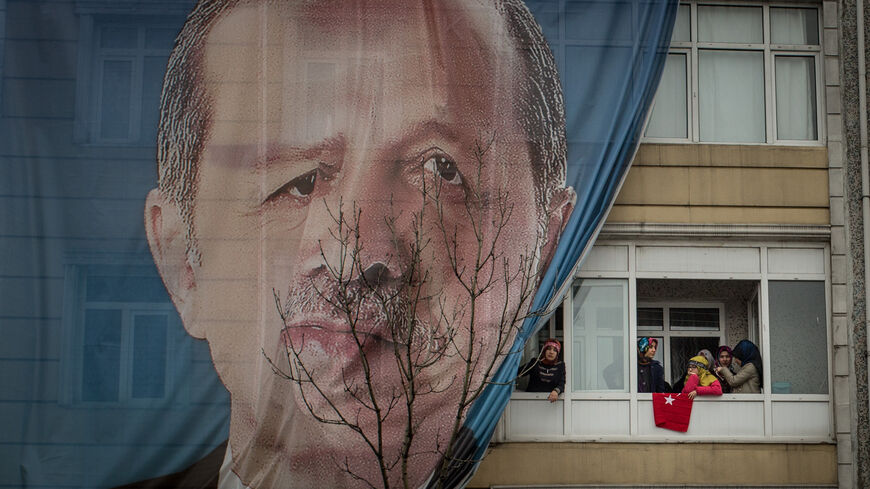ANKARA — Turkey’s Foreign Minister Mevlut Cavusoglu is set to travel to Egypt over the weekend, the Turkish Foreign Ministry announced on Friday, in first such diplomatic trip since 2012.
Cavusoglu will pay the country an official visit on Saturday, the ministry’s statement read, adding that he and his Egyptian counterpart Sameh Shoukry were expected to discuss bilateral, regional and international files. In a separate statement, the Egyptian Foreign Ministry said the meeting would be held in Cairo.
The visit will follow Shoukry’s solidarity visit to Turkey late last month after the killer earthquakes on Feb. 6, the first since 2016.
Ankara has been trying to mend fences with Cairo as part of its regional diplomacy push aiming at restoring the country’s ties with former regional rivals, namely Saudi Arabia, Israel, the United Arab Emirates and Egypt.
The past year has seen Turkey fully restore its ties with the Saudi Kingdom, Emirates and Israel, yet Ankara-Cairo progress was slow over a series of bilateral and regional contentious files.
The post-disaster diplomacy following the earthquakes that killed more than 48,400 people in Turkey and led to colossal destruction across 11 Turkish provinces ramped up the process.
Egyptian President Abdel Fattah al-Sisi offered his condolences to his Turkish counterpart Recep Tayyip Erdogan on the phone, marking the second contact between the two leaders after the two leaders had a brief meeting during the opening session of the FIFA World Cup in Qatar last year.
The two countries severed their diplomatic ties following the 2013 coup in Egypt that overthrew the country’s Muslim Brotherhood-led government, which was regarded as close ally of Ankara. Turkey then turned into a safe haven for several Brotherhood members and movement-affiliated organizations including media outlets.
In its desire to improve ties with Cairo, Ankara has muted the Turkey-based broadcasts criticizing Sisi's administration with several Brotherhood members leaving the country.
In addition to bilateral tensions, the two countries also locked horns over Ankara’s strong support of Brotherhood-affiliated or inspired groups in the region, including in the Libyan conflict. While Turkey supports Tripoli-based forces in the country’s civil war, Cairo along with Moscow and Abu Dhabi has backed the eastern forces led by Gen. Khalifa Hifter. Cairo also spearheaded a series of Arab League statements condemning Turkey’s interventionist policies in the region.
Ankara’s diplomatic push to mend fences with its former regional rivals has aimed to overcome its regional isolation in a bid to counterbalance the alliances that Greece and Cyprus set up with eastern Mediterranean countries including Egypt and as well as to draw foreign funds to the country amid country’s economic problems.
The recent Ankara-Cairo thaw comes only two months before Turkey’s critical presidential and parliamentary polls on May 14 that seem likely to be the toughest reelection bid Erdogan has faced in two decades amid a deepening cost of living crisis and mounting public anger over its response to the earthquakes and floods that hit the country’s disaster zone earlier this week, killing at least 15 people.






